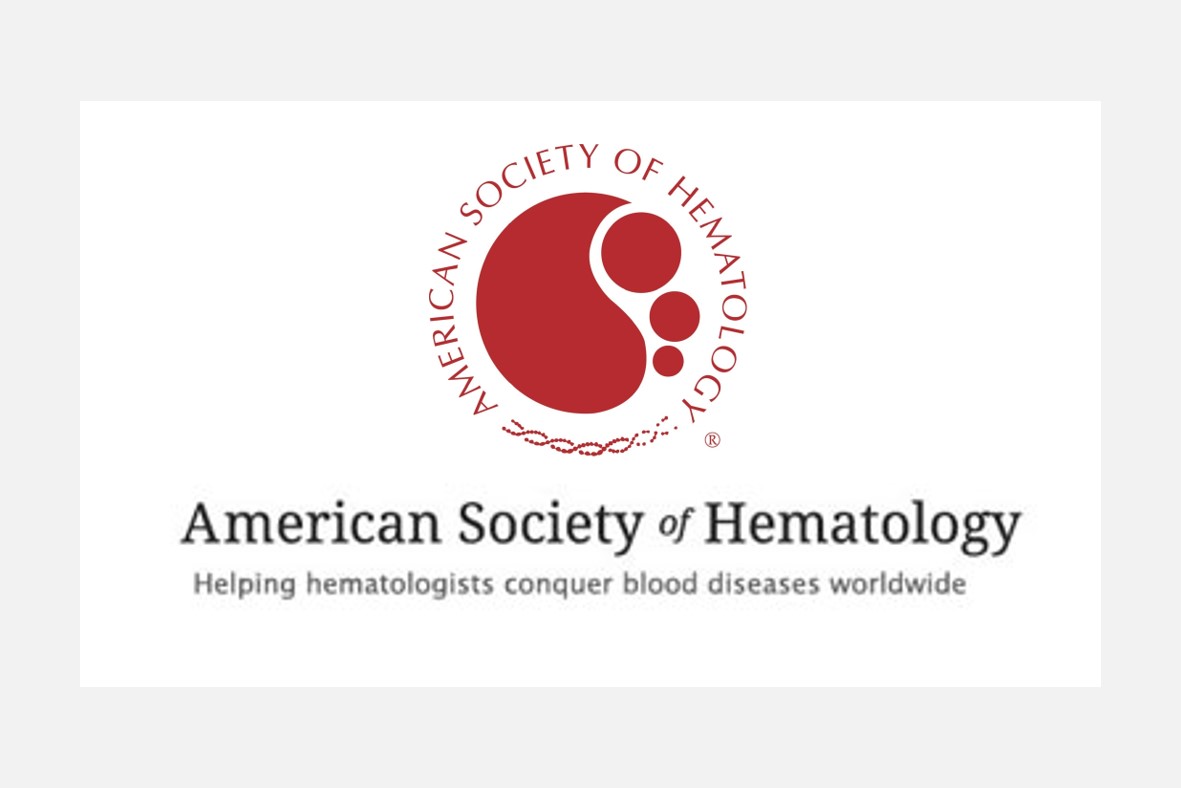St. Genis-Pouilly, France, 17th Nov 2021 – Step Pharma, a biotech company developing novel drugs for oncology and autoimmune diseases, announced today the formation of its inaugural clinical advisory board (CAB) with the appointment of Steven M. Horwitz, MD (Memorial Sloan Kettering Cancer Center), Stephen M. Ansell, MD, PhD (Mayo Clinic), Jean-Pierre Bizarri, MD and Kapil Dhingra, MD. These world-renowned doctors specialise in oncology research and drug development and commercialization.
“It is an honour to have these four incredible oncology experts come together to form our clinical advisory board. Each have a wealth of expertise and specialist knowledge to bring to Step Pharma as we move STP938, our lead CTPS1 inhibitor, towards clinical studies in haematological malignancies,”
said Andrew Parker, CEO of Step Pharma.
“We are very much looking forward to the pivotal role this advisory board will play in the future of the company.”
Step Pharma’s Clinical Advisory Board
Steven M. Horwitz, MD is an Attending Physician in the Department of Medicine at Memorial Hospital for Cancer and Allied Diseases and a Member in Memorial Sloan Kettering Cancer Center in New York City. He earned his medical degree at Case Western Reserve University School of Medicine, completed an internship and residency in internal medicine at the University of Rochester/Strong Memorial Hospital, and then completed a fellowship in medical oncology at Stanford University Medical Center. His current research is dedicated to identifying better treatments for individuals with T-cell lymphoma including understanding mechanisms of response and resistance to novel drugs in T-cell lymphoma. Dr. Horwitz participates in several national, and international committees and consortiums dedicated to the understanding and advancement of treatment for T-cell lymphoma.
Stephen M. Ansell, MD, PhD is a consultant in the Division of Hematology, Department of Internal Medicine at Mayo Clinic. He serves as the chair of faculty development and recruitment for the Division of Hematology, and as the chair of the Lymphoma Group in the Division of Hematology. He earned his MB, ChB degree and completed an internal medicine/surgery internship at University of Pretoria in South Africa. He holds specific expertise in T-cell lymphoma and Hodgkin lymphoma and is also an expert in transplantation of lymphoma.
Jean-Pierre Bizzari, MD is a world-renowned oncology expert who served as Executive Vice-President, Group Head, and Clinical Oncology Development (U.S., Europe, and Asia/Japan) at Celgene from 2008 to 2015. He is an active board member in various biotech companies and a member of the Scientific Advisory Board of the French National Cancer Institute (INCa) and European Organization of Research and Treatment of Cancer (EORTC) and Chairman of the New Drug Advisory Committee. Dr Bizzari holds a medical degree specialized in oncology from the University of Nice.
Kapil Dhingra, MD has more than 30 years of experience in oncology clinical research and drug development within the biotechnology and pharmaceutical industries. He previously served as Vice President, Head of the Oncology Disease Biology Leadership Team and Head of Oncology Clinical Development at Hoffmann-La Roche, during which time he led numerous drug approvals. Prior to Roche, he worked in the oncology clinical development group at Eli Lilly and Company. He is now a board member of several successful biotechnology companies. Dr Dhingra obtained his M.B.B.S. degree from the All India Institute of Medical Sciences in New Delhi, India. He completed his residency in internal medicine at Lincoln Medical and Mental Health Center, New York Medical College, and completed his fellowship in hematology and oncology at Emory University School of Medicine.
Targeting CTPS1
Cytidine nucleotide triphosphate (CTP) is a precursor required for DNA synthesis and cell division. Patients deficient in the enzyme CTPS1 have an altered immune cell proliferation response to immune challenge but no other deleterious effects. This same pathway supports the uncontrolled growth of cancerous T and B cells, thus inhibiting CTPS1 represents a novel precision oncology approach to specifically block proliferation and induce killing of cancerous cells in lymphoma and leukaemia.







